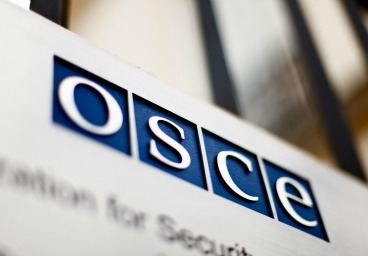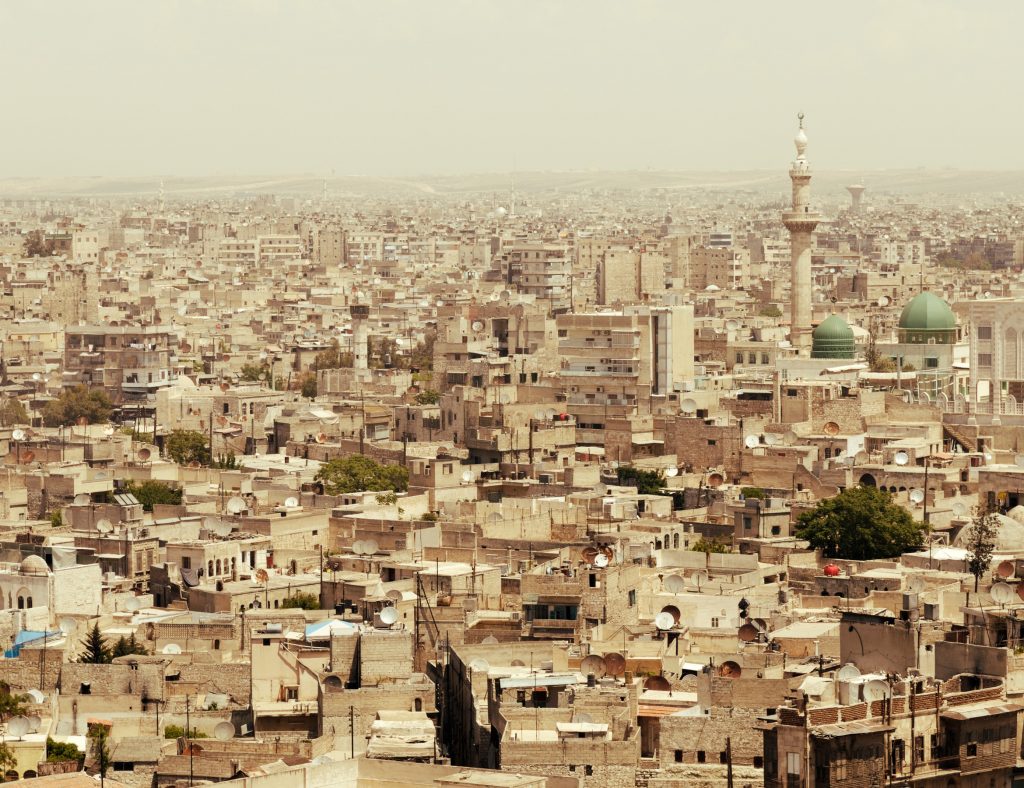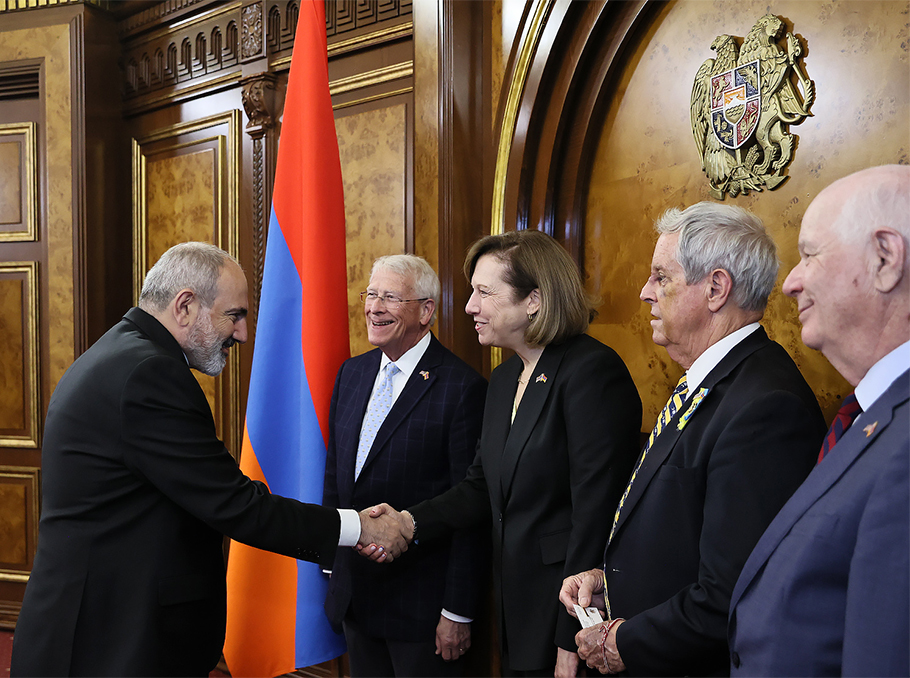France’s Action Is An Affront To Millions And A Challenge To Us All
French President Nicolas Sarkozy’s promotion of a ban on burqas seems to be exacerbating tensions in Europe between Muslims and non-Muslims.
While a small fraction of French Muslim women wear the religious head covering, France has a sizable Muslim population of 6 million, and this ban is an affront to them and a clear violation of their human rights.
In defending the ban, President Sarkozy said it would protect the “dignity of women,” and he called for the ban to be imposed without “making people feel stigmatized.” He seems unaware that banning a practice limited to just one group of people really is the definition of stigmatizing.
Such initiatives only further alienate and marginalize Muslims in France and beyond.
The rhetoric used to push the burqa ban as a way to protect French pride and allegiance does nothing to veil the anti-immigrant sentiments now being seized upon by other European politicians, including mainstream parties.
Earlier this month, Silvana Koch-Mehrin, vice president of the European Parliament, proclaimed burqas make her “anxious” and should be banned in her native Germany and throughout Europe.
Just weeks ago Belgian legislators passed a similarly intolerant law. Italian officials recently fined a Muslim woman for wearing a veil, citing existing law that bans the wearing of masks.
But the assault on the Muslim faith in Europe doesn’t stop with religious dress. Last year, Switzerland banned the building of minarets, the iconic steeples at mosques. Right-wing conservative parties from across Europe recently met in Germany to discuss efforts to institute a European Union-wide ban of minarets.
These lawmakers clearly see playing on current xenophobic sentiments politically expedient, but the fact is that such laws violate universal rights to religious freedom and expression and are highly discriminatory, designed to only target those of the Islamic faith.
President Obama was clear when he addressed the issue of burqa bans head-on in his Cairo speech, delivered nearly a year ago. “I reject the view of some in the West that a woman who chooses to cover her hair is somehow less equal,” he said. Sadly, in a year’s time we have not seen the president’s European counterparts speak out as forcefully on the side of religious freedom.
At the U.S. Helsinki Commission, we speak out. We hold open hearings on tough topics and publicly question government leaders when they fail to live up to their international commitments made through the Organization for Security and Cooperation in Europe. But in the case of the ongoing burqa debate and so many other questions of civil liberties, we should not have to speak out alone. Whether it is a spike in anti-Semitism, violence against Roma or the current wave of actions against Muslims, parliamentarians, presidents and other political leaders need to speak with one voice to condemn discrimination. We need much more of this in Europe today.
Excluding individuals and groups from the public square, literally or figuratively, will only contribute to a weakening of society and an erosion of democracy and human rights. In place of discrimination, we need dialogue that is inclusive and promotes mutual understanding.
Such citizen engagement does not mean abandoning national traditions or patriotic values, as some, like President Sarkozy, seem to suggest. Instead, it helps countries like France to stay on track with their international commitments to democracy and human rights. Enacting laws like burqa bans sets countries on a slippery slope that can quickly lead to religious minorities feeling forced to practice their faith underground.
As the French philosopher Voltaire aptly observed, “Prejudices are what fools use for reason.” In the ongoing burqa debate, I hope rational heads will prevail over narrow-mindedness.
While Muslim women clad in burqas or other coverings make easy targets today, one has to ask: Who will be next?










